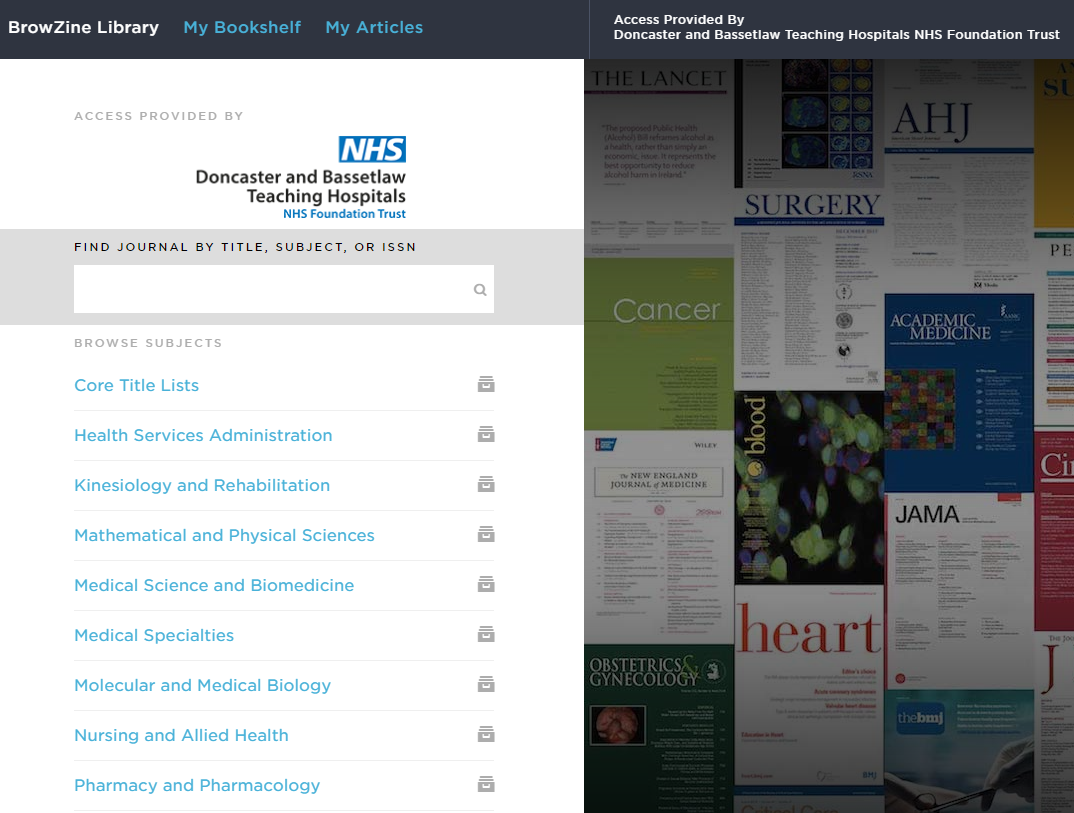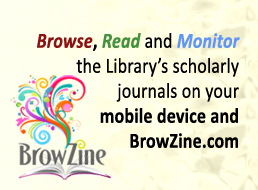


For example, we have PDFs with information on how users can access our services, and forms published as Word documents. However, some of our PDFs and Word documents are essential to providing our services. The accessibility regulations don’t require us to fix PDFs or other documents published before 23 September 2018 if they’re not essential for active administration purposes relating to tasks we perform as a Public Body. This doesn’t meet WCAG 2.1 success criterion 4.1.2 (name, role, value). For example, they may not be structured so they’re accessible to a screen reader. Many of our older PDFs and Word documents don’t meet accessibility standards. Content that’s not within the scope of the accessibility regulations. Disproportionate burdenĪt present, there is nothing we have found that could be considered a ‘disproportionate burden’. We are looking at addressing this issue by using a stronger background colour that allows text to be read more clearly. This doesn’t meet WCAG 2.1 success criterion 1.4.3. Some text displayed on tabs and banners aren’t clear. We are looking at a solution to this issue. This doesn’t meet WCAG 2.1 success criterion 1.3.1. Some lists aren’t structured properly, making it hard for users with screen readers to know what they are listening to. The Content listed below is non-accessible for the following reasons: Non-compliance with the accessibility regulations This website is partially compliant with the Web Content Accessibility Guidelines version 2.1 AA standard, due to the non-compliances listed below. The University of Derby is committed to making its website accessible, in accordance with the Public Sector Bodies (Websites and Mobile Applications) (No. Technical information about our website's accessibility If you’re not happy with how we respond to your complaint after following the process set out above, contact the Equality Advisory and Support Service (EASS). The Equality and Human Rights Commission (EHRC) is responsible for enforcing the accessibility regulations. We’ll consider your request and get back to you in 2-5 working days. Think we are not meeting the requirements of the accessibility regulations.Find any problems that are not listed on this page.Can’t view the map on our ‘contact us’ page.Need information in a different format such as accessible PDF, large print, easy read, audio recording or braille.You can contact us about any issues, for example, if you: Email: Post: University Library, University of Derby, Kedleston Road, Derby, United Kingdom, DE22 1GB.You can also contact the Library directly: If you have any issues with inaccessible content or are unable to obtain an accessible version, or you feel the need to complain about our site and content accessibility, please contact us in the first instance via our central feedback form. We’re always looking to improve the accessibility of this website. What to do if you can't access parts of this website or have a complaint We are currently addressing these issues by adding in appropriate alt-text into images and making the background colour darker (in order to make text stand out better on screen). Some links don’t have discernible text (icons).It can be hard to make out text on banners and tabs (background colour).Some images don’t display alternative text for images.We know some parts of this website aren't fully accessible: Ensuring that we are adhering to current legislation and accessibility requirements.Ensuring that the Library’s content (through third-party providers) is accessible and meets the needs of all of our students.We are using the following measures to ensure accessibility of the University of Derby website: AbilityNet is a UK charity that exists to change the lives of disabled people by helping them to use digital technology at work, at home or in education. Use a screen reader to access the website contentĪbilityNet has advice on making your device easier to use if you have a disability.'Skip to main content' using tab on your keyboard.Navigate most of the website using just a keyboard.Zoom in up to 200% without the text spilling off the screen.For example, that means you should be able to: We want as many people as possible to be able to use the site and are committed to ensuring digital accessibility for people with disabilities. The BrowZine website is run by the University of Derby. Equality, diversity, inclusion and wellbeing.


 0 kommentar(er)
0 kommentar(er)
